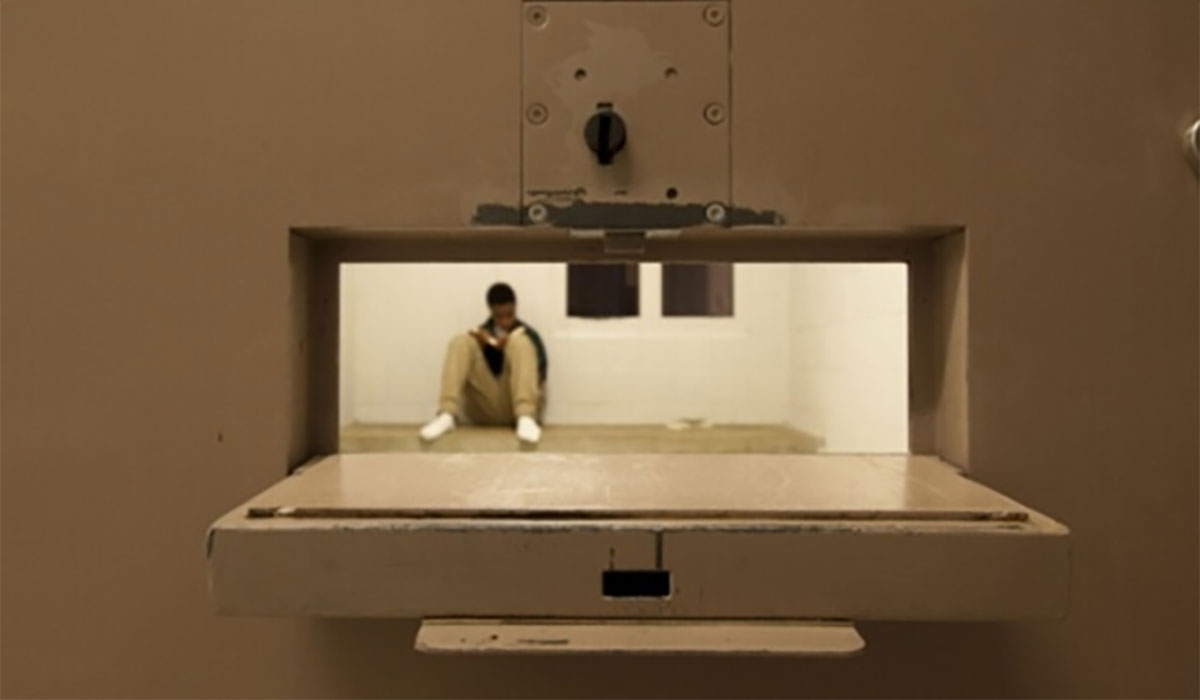A driving criminal theory about “superpredators” in the 1980s and 1990s had lasting effects on young people arrested for crimes, including harsher sentences, longer terms, and mandatory penalties. This theory has since been discredited, thanks to a better understanding of the cognitive development of young people and falling crime rates, but meaningful change to parole systems for youth has yet to be seen. A new white paper from the Civil Rights Litigation Clearinghouse, housed at Michigan Law, calls for reform.




